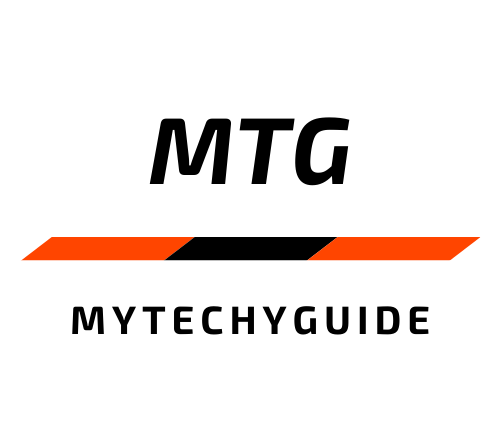The prevailing theme in the current business landscape is unmistakably change, and at the forefront of this transformative wave is the adoption of electronic signatures. In the contemporary era, businesses are undergoing significant transformations by embracing the efficiency and cost-effectiveness offered by electronic signatures, which have emerged as a pivotal tool in the management of paperless signatures.
The integration of electronic signatures into business processes necessitates the selection of eSignature Apps. With the surge in popularity of e-signatures, a multitude of vendors has entered the market. However, not all e-signature vendors are created equal. Therefore, it becomes paramount for businesses to carefully evaluate these vendors based on various criteria.
Amidst the myriad options, the selection of the right e-signature vendor is critical for seamless and secure business operations.

The evaluation process should consider factors such as security features, ease of use, integration capabilities, and compliance with legal standards. As businesses navigate the changing landscape with the adoption of electronic signatures, making an informed decision about the e-signature vendor is not just a choice; it’s a strategic necessity to ensure the smooth and reliable implementation of digital signatures in the evolving business environment.
Important Feature To Look In eSignature Apps
Security Protocols
Prioritize eSignature apps that use robust security features. Look for end-to-end encryption, secure storage of documents, and compliance with industry-specific regulations and standards. A secure eSignature app ensures the confidentiality and integrity of sensitive information, instilling trust in users and meeting legal requirements.
Also Read: A Guide to Electronic Data Processing (EDP)
User-Friendly Interface
Choose an eSignature app with an intuitive and user-friendly interface. The ease of use is essential for both the individuals sending documents for signature and those signing them. A user-friendly interface minimizes the learning curve, reduces errors, and ensures a smooth experience for all parties involved in the signing process.
Integration Capabilities
Opt for an eSignature app that seamlessly integrates with your existing workflow and software ecosystem. Compatibility with popular productivity tools, document management systems, and cloud storage platforms streamlines the document signing process.
Integration capabilities enhance efficiency by eliminating the need to switch between multiple applications.
Comprehensive Compliance
Ensure that the eSignature app adheres to legal and regulatory standards for electronic signatures. Compliance with acts such as ESIGN (Electronic Signatures in Global and National Commerce) and eIDAS (Electronic Identification, Authentication and Trust Services) is crucial. Choosing a solution with comprehensive compliance ensures the validity of electronically signed documents and protects against legal challenges.
Audit Trails and Document Tracking
Look for eSignature apps that offer robust audit trail features and document tracking capabilities. An audit trail provides a chronological record of the signing process, including who signed, when, and any changes made.
Document tracking allows users to monitor the status of documents in real-time, enhancing transparency and accountability throughout the signature workflow.
Also Read: NFT Marketplaces: Features, Development, Monetization
Conclusion:
The success of digital transformation hinges on the ease of implementation and user-friendliness of the chosen applications. When selecting an eSignature app, thorough vetting of these features with the vendor is essential. The application’s simplicity and seamless integration into existing workflows are key factors that determine the efficacy of digital transformation in enhancing business processes and ensuring widespread adoption.
